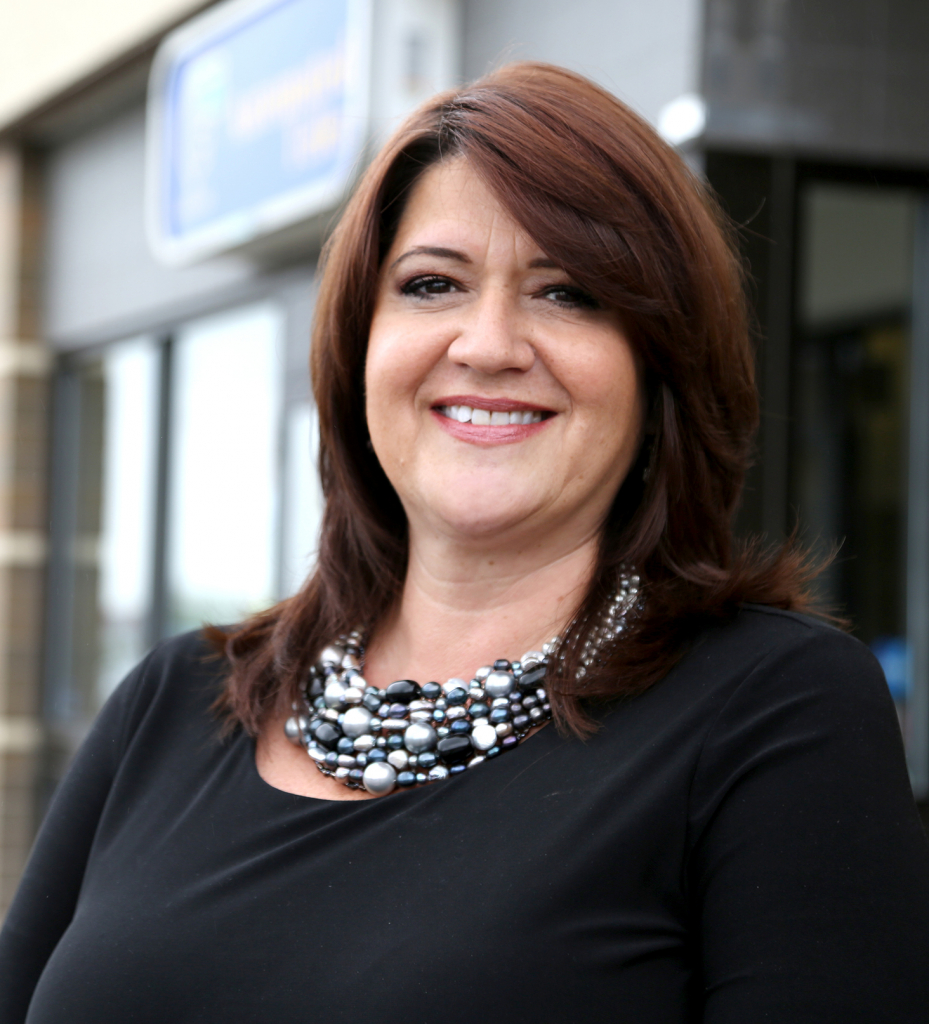Your pain-free savings plan
Saving money can often feel like going to the dentist. We know we have to do it, but we often put it off for too long.

Saving money early creates a good habit,” says Bianca Selby, Branch Manager at Assiniboine Credit Union Garden City. “It’s much better than spending everything you earn. It gives you a head-start, so you can use your own money instead of having to take out loans or use credit cards.”
Bianca has helped hundreds of our members to start up and maintain successful savings plans. Here is her roadmap for successful saving:
1. Set a goal and create a budget
Setting a savings goal is really important,” says Bianca. “It can be for a car, a down payment, retirement or even saving for the sake of saving. It can be really empowering to have your own money to use whenever you need it.”
Once you’ve set your goal, it’s time to put together a budget. “The whole point of budgeting is to control spending,” says Bianca. “Track all of your monthly expenses, so you can see exactly where your money is going.”

Divide your spending into two categories: essentials and non-essentials. Essentials include mortgage/rent, utilities, car payments, insurance, groceries, etc. Non-essentials are those leisure activities such as dining out, going to movies, concerts and sports events or hobbies. Ideally, after all of your expenditures are taken from your income, there should still be a good amount left over that can be saved.
2. Boost your saving power
If you find there’s rarely anything left over to save, there are a few easy steps you can take to improve your saving potential.
When it comes to your monthly spending, you should always look to pay into your savings account first,” advises Bianca. “If you just save whatever is left in your account at the end of the month, your savings won’t grow very fast.”
Look at ways to reduce your non-essential spending. Take a cup of coffee with you when you leave the house instead of buying one on the way. Take leftovers for lunches and host dinner parties instead of eating out. Every dollar you don’t spend now will be worth several dollars by the time you retire.

3. Make it automatic
According to behavioural economists, we create psychological obstacles that prevent us from behaving in our own long-term interests. Instead, we prefer to spend money on things that give us instant gratification. Sound familiar?
To combat this instinct and to maximize your saving success, you can make saving more automatic.
Once you’ve reduced your non-essentials, recalculate the amount you can now regularly save. Then set up pre-authorized deposits to your savings or investment accounts. That way, the money leaves your account just after you’re paid.
When it comes to long-term goals, people prefer to do…nothing. So making your savings contributions automatic will give you a huge advantage well into the future. Once your deposits are set up, you can watch your savings grow, with no effort required.
Also, if you place your savings in high-growth, long-term accounts, the money is harder to take out, so you’re less likely to draw from it,” adds Bianca.
4. Get help to keep you on the right path
“We look at your financial situation and help you to set an achievable savings plan, depending on your stage in life and future needs,” Bianca says.
ACU provides support throughout your saving journey. “You become accountable for the success of your savings plan,” explains Bianca. “We check in with you to help you refocus on your savings and give you the incentive to be a successful saver.”
Saving doesn’t have to feel like a painful chore or an obstacle to achieving your dreams. It should be a tool that helps you get there. Following these few tips and getting the right savings assistance will lead you in the right direction, so that you can breathe a sigh of relief.
Get in touch with us today to get expert financial support and start boosting your saving power.
Up Next
Sustainability: How ACU is turning words into action
A hand holding a seedling
ACU’s grants program invests locally
Healthy, vibrant and diverse communities don’t just happen—they’re created over time by people, organizations and businesses continuously working together for the common good. These organizations require resources to take action…
Investing in a new beginning: Wealth Building Tips for newcomers to Canada
There are a number of barriers to investing for newcomers, like learning a new language or adapting to different social customs—even getting used to the weather. But they can also…




